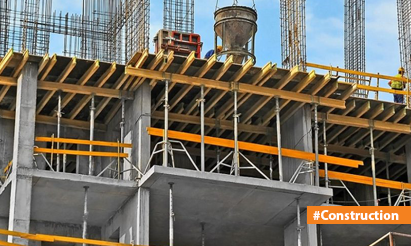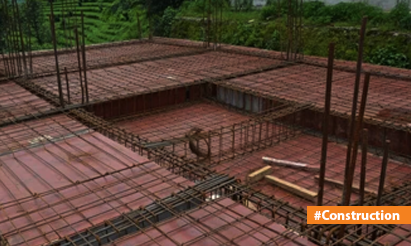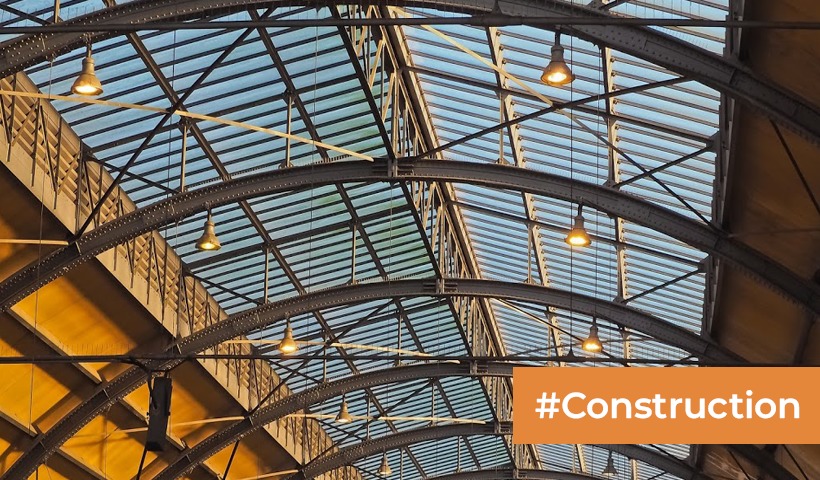From Clay to Gravel: Understanding Soil Types in Construction!
There are several types of soils used in construction, each with its own characteristics and suitability for different applications. Here are some common types of soils used in construction:
- Clay: Clay soil is cohesive and has fine particles. It has low permeability and tends to shrink and swell with changes in moisture content. It is often used as a building material for foundations, retaining walls, and embankments.
- Sand: Sand soil has larger particles and is non-cohesive. It has good drainage properties and is commonly used in concrete and mortar mixes. It is also used for backfilling, filling trenches, and as a base for paving.
- Silt: Silt soil has particles that are smaller than sand but larger than clay. It has moderate permeability and can retain water. Silt is sometimes used in construction for its fine texture, such as in the production of bricks or as a component in mortar.
- Gravel: Gravel soil consists of coarse particles and is often used as a fill material in construction. It provides good drainage and stability and is commonly used in road construction, foundation bases, and drainage systems.
- Loam: Loam soil is a mixture of sand, silt, and clay in relatively equal proportions. It has good fertility, water-holding capacity, and drainage properties. Loam is highly suitable for agricultural purposes, landscaping, and horticulture, but it can also be used in certain construction applications.
- Peat: Peat soil is formed from partially decomposed organic matter in wetland areas. It has a high water content and low bearing capacity. Peat is generally unsuitable for construction unless it undergoes stabilization or is removed and replaced with more suitable fill material.
It’s important to note that soil types can vary significantly based on their composition and properties, and their suitability for construction purposes may depend on local conditions, project requirements, and engineering considerations. Consulting with a geotechnical engineer or soil expert is essential for determining the appropriate soil types for specific construction projects.
Disclaimer: The views expressed above are for informational purposes only based on industry reports and related news stories. PropertyPistol does not guarantee the accuracy, completeness, or reliability of the information and shall not be held responsible for any action taken based on the published information.





My dad needs to find a crushed rock supplier for a home project because he is working on improving the driveway and outdoor landscaping. Finding a reliable crushed rock supplier is crucial as it will provide him with the necessary materials to create a stable and durable surface, enhancing the overall appearance and functionality of the property. As you said here, gravel soil is made up of large particles and is frequently used as fill material in building projects. It offers high drainage and stability and is frequently used in drainage systems, foundation bases, and road construction. https://www.rosschapmancartage.com.au/crushed-rocks